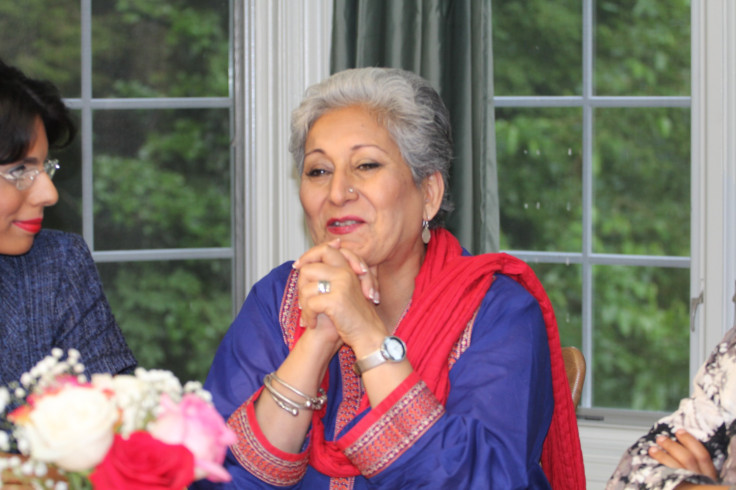International Women’s Day: The Human Rights Disaster In Our Backyard

If 200,000 teenage boys in America were at risk of genital mutilation, people would no doubt take notice. So why is it, that with 150,000 to 200,000 American women and girls at risk of female genital mutilation (FGM) – and perhaps 1,500 women victimized by forced marriages every year, that so-called “honor violence” has yet to cause public uproar in the United States?
As we approach International Women’s Day on March 8, I was encouraged to see the International Business Times U.K.’s recent coverage on violence against women around the world. Honor violence is gaining visibility in the United Kingdom and even inspiring the government to take action – yet other countries like the United States seem completely unaware that these abuses happen so close to home.
Honor violence is abuse perpetrated in the name of protecting or restoring a family’s “honor.” Although it often happens in Muslim cultures, it is not sanctioned by Islam or any major religion. And it is endemic in many countries. The United Nations estimates that at least 125 million women and girls have suffered FGM in Africa and the Middle East since 1989. The U.N. has also found that more than 60 million girls worldwide are child brides.
Estimates about the extent of honor violence in Western countries like the United States and Canada vary, primarily because these abuses often take place behind closed doors, and victims usually experience tremendous pressure from their families to remain silent. But we know that as many as a quarter of a million American girls and women have either suffered or are at risk of FGM – and the number of at-risk individuals actually increased by 35 percent between 1990 and 2000. Although most Western societies have outlawed FGM, the law can be circumvented through practices like “vacation cuttings,” where families take their daughters abroad to have the procedure performed.
So what can we do about it? The most powerful tool we have is to put a face on the issue, like Malala Yousafzai and others have done. That is precisely why I agreed to participate, even in the face of personal threats, in a new documentary, Honor Diaries. Honor Diaries features nine women who have been personally touched by this issue and is the first film to break the silence on honor violence. More than a movie, it is a movement for change that has brought together survivors and women’s rights supporters from all corners of the globe.
The U.S. government has a role to play as well. Once it has been re-introduced, Congress will have the opportunity to pass the International Violence Against Women Act – a bill that uses the power of U.S. foreign policy to support efforts to prevent women from becoming victims of abuse, supports intervention services such as health care for women who have contracted HIV/AIDS as a result of being raped, and offers training and assistance to other countries and NGOs battling this problem. These are small but important steps in tackling an entrenched societal problem.
Fifty years ago, Martin Luther King Jr. eloquently argued that “Injustice anywhere is a threat to justice everywhere.” When women and girls suffer in silence – whether in St. Louis, Mo., or a small village in Pakistan – it is a tragedy. When those of us with the power to do something about it fail to speak up, we become complicit in the problem.
Raheel Raza is the president of The Council for Muslims Facing Tomorrow. A fervent advocate for gender equality, Raheel is the first Muslim woman in Canada to lead mixed gender prayers. In her crusade for human rights, she speaks regularly at the United Nations Human Rights Council in Geneva.
© Copyright IBTimes 2024. All rights reserved.





















